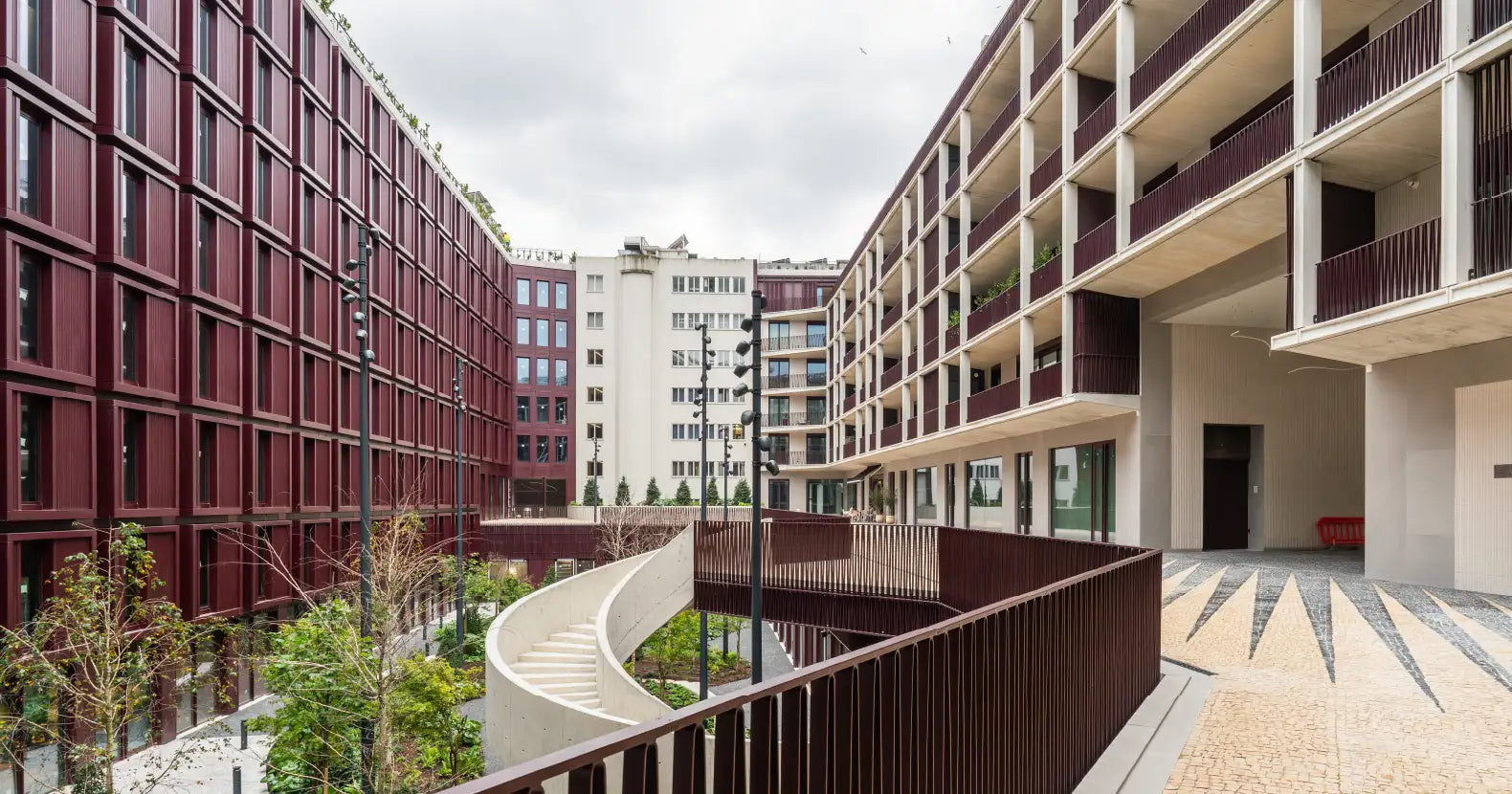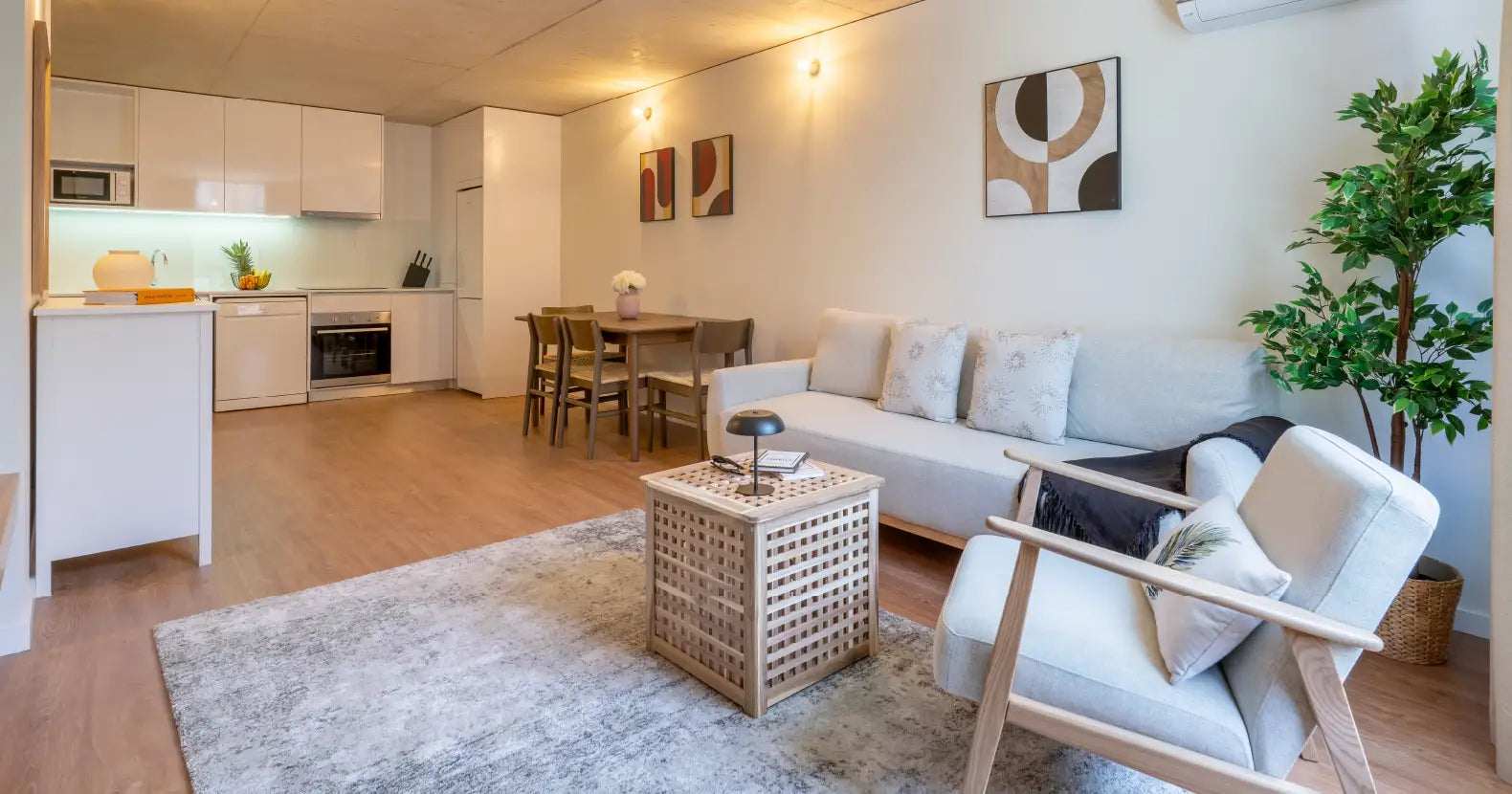If you've purchased or inherited a property and want to turn it into a source of income, you're almost always faced with the same choice: long-term rental (a classic housing contract) or converting the house into a vacation rental (short-term rental for tourists, students, or professionals on a rotating basis). Each model brings different promises, risks, and obligations—and, until recently, forced the owner to choose between security and profit potential.
Host Wise has created a third model—Guaranteed Profitability—that resolves this dilemma, combining the predictability of traditional leasing with short-term operational benefits. Before we show you how it works, we'll walk through the two "classic" formats, including a point-by-point comparison, in a calm and jargon-free manner. By the end, you'll have a solid roadmap for deciding which one best suits your investor profile—or why it might make sense to delegate everything and secure the income, saving time and hassle.

Traditional Lease: Stability in Exchange for Moderate Income
Long-term leases are based on housing legislation (Novo Regime do Arrendamento Urbano - NRAU) and contracts that generally last between three and five years.
- Predictable cash flow: The agreed-upon rent is deposited into your account on a set date. If you wish to increase the amount, you must comply with legal limits and provide advance notice.
- Simplified management: Once the contract is signed, your tasks are limited to issuing electronic receipts, monitoring payments, and addressing structural repairs.
- Light legal obligations: written contract, notification to the tax authorities, energy certificate, and, in urban properties, an updated use permit.
- Transparent taxation: IRS category F taxation; in practice, tax is paid on 70% to 90% of the income, depending on the regime chosen and the length of the contract.
Investors averse to market fluctuations, residents abroad, or those simply without the time to contact guests daily.

Local Accommodation: Higher Revenue, Faster Pace
Local accommodation (AL) is a crossroads between hospitality and rentals. Owners need a "registration number" from the municipality, affix an identification sign, and comply with safety and security regulations.
- Higher profit potential: Daily rates adjust according to the season, city events, and specific demand. During peak periods, the monthly rental price can be tripled.
- Exposure to seasonality: School holidays, international fairs, or new flights fill up your schedule; parking your car during the low season can mean empty nights.
- Management that's similar to a hotel: Check-ins, cleaning, laundry, responding to reviews, and maintaining inventory require time or a professional team.
- Dynamic regulation: There are zones with maximum registration limits; municipalities can also revise tourism taxes or licensing requirements.
Owners in tourist areas seek to maximize margins, accepting fluctuations in revenue and an operational learning curve.
Side-by-Side Comparison
| Criteria | Traditional Leasing | Vacation Rental |
| Typical Income | Fixed, within the residential market value |
Variable; high seasonal peaks |
| Income Volatility | Low | Medium to High |
| Owner Expenses | Structural maintenance, property tax, condominium fees | Cleaning, utilities, OTA fees, ongoing maintenance |
| Required Permits | Contract + energy certificate | AL registration, license plate, information book |
| Impact on future appreciation | Preserved property, broader demand |
Active AL license may increase in value in tourist markets |
The classic impasse: "Do I choose profit or peace of mind?"
Many landlords experience this cycle:
1. They start with traditional rentals, enjoy the stability, but feel like they're "losing money" when they see neighboring apartments charging tourist rates.
2. Moving to a Vacation Rental is exciting—until the first phone calls at 2 a.m. or the electricity bill skyrockets in August.
3. They reevaluate their priorities (quality of life, free time, family) and want a way to combine financial advantage and predictability.
It was precisely to break this cycle that Host Wise designed Guaranteed Profitability.
The third way: Host Wise Guaranteed Profitability
Imagine transferring the lease to a "professional tenant" who:
- pays you each month an amount higher than the average residential income in the area;
- covers the costs of water, electricity, internet, condominium fees, insurance, and preventive maintenance;
- updates the inventory (bedding, small appliances, utensils) whenever necessary and leaves it for you;
- keeps the apartment available in excellent condition at the end of the agreement, making it available for rent, sale, or occupancy.
This is how Guaranteed Profitability works. In practice, the risks associated with seasonality, complaints, marketing, and logistics are transferred to Host Wise's operations, with hundreds of properties already under management and local teams across the country. The owner receives a fixed bank transfer, similar to a traditional rental, but without direct contact with tenants or guests, and with income typically 10-15% above the average long-term rental income for the area.
Conclusion
Between the peaceful stability of traditional rentals and the profit potential (but effort) of vacation rentals, there is now a hybrid solution: Host Wise Guaranteed Profitability. It delivers above-average residential income, maintains the property impeccably, and returns it with fresh inventory.
You don't have to waste nights deciding "A or B." Request a free simulation and see, in concrete terms, how your apartment can yield more, without sacrificing your time or peace of mind.


